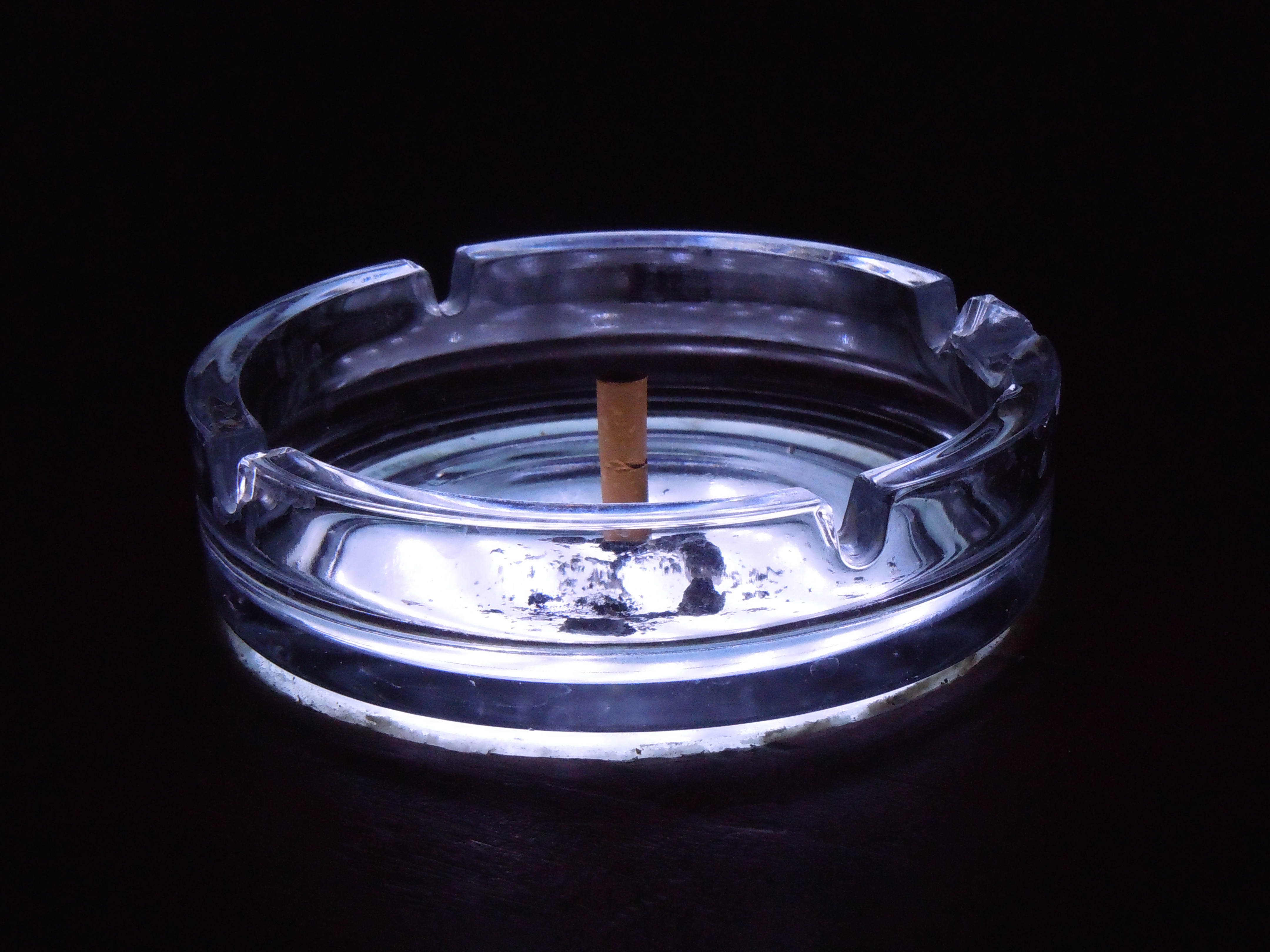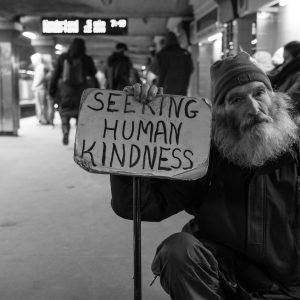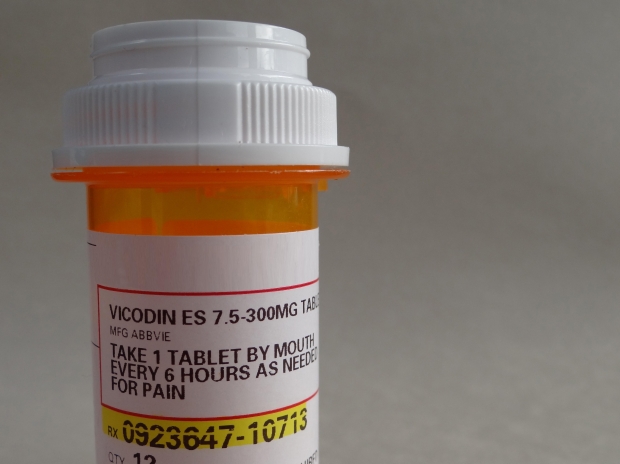Last Updated on January 30, 2020
July is National Cleft & Craniofacial Awareness & Prevention Month. Cleft palate or craniofacial defects affect thousands of infants, children, teens, and adults in the United States each year — 4400 infants are born with a cleft lip with or without a cleft palate and 2650 are born with a cleft palate alone. While some people are born with congenital anomalies, others are burned or otherwise injured in accidents or diagnosed with various diseases that affect the mouth, head, neck, or skin.
Craniofacial defects are conditions present at birth that affect the structure and function of a baby’s head and face. Treatments and services for children with craniofacial defects can vary depending on the severity of the defect, the presence of associated syndromes or other birth defects, as well as the child’s age and other medical or developmental needs. Children with certain craniofacial defects are at a greater risk for physical, learning, developmental, or social challenges. Recent studies suggest that the healthcare use and average medical cost for children with craniofacial conditions are much higher than children without these abnormalities.
The Center for Disease Control and Prevention (CDC) identifies preventable causes that one can be aware of. Women who have diabetes or report using certain fertility medications before becoming pregnant have shown to be at higher risk of having a baby with various craniofacial conditions. Other risks include smoking while pregnant or shortly before becoming pregnant, or having or being treated for thyroid disease while pregnant. The CDC’s suggested next steps include controlling one’s diabetes with proper diet and insulin application, and preventing exposure to tobacco or alcohol while pregnant.
Other than congenital abnormalities, injuries from fires, accidents, and animal attacks can result in craniofacial malformations. Diagnoses of orofacial or skin cancers can also lead to disfigurement. Changes to one’s face can negatively affect a person’s mental health. Acquired facial trauma can cause psychological issues from body image to post-traumatic stress disorder symptoms along with depression and anxiety.
Stigma of individuals with craniofacial conditions and injuries have always harmfully affected the lives of those who look different. The persistent presence of the internet and social media has made abuse more constant for people of all ages, from public figures to young children. Even adults can have difficulty dealing with abject cruelty, and that can be nothing compared to what young people who have not developed the experience or coping mechanisms to tolerate personal attacks from one’s peers in a healthy way. Cyberbullying makes young people twice as a likely to self-harm or attempt suicide.
With so many different anomalies and the relatively simple ways to prevent these expensive and difficult conditions, as well as the harmful stigma people face, it is easy to see why awareness is so important. NeedyMeds has information on assistance based on diagnosis of Cleft Lip and/or Palate as well as Craniofacial conditions. There are also a number of camps and retreats available for children with craniofacial deformities. For more information, call our toll-free helpline at 1-800-503-6897.




